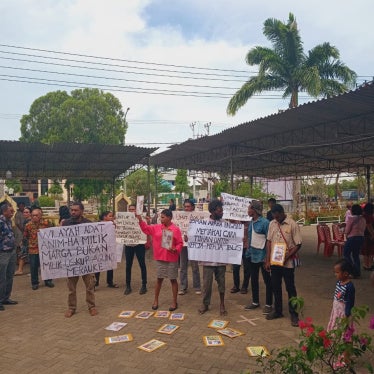The relationship between the United States and China has apparently turned a corner with Beijing's decision to become a partner in the global fight against terrorism.
George W. Bush will travel to Shanghai next week for his first meeting with Jiang Zemin. Can the two leaders use the more cooperative atmosphere to make progress on other issues?
Whatever its internal divisions and suspicions of American intentions, the Chinese leadership seems united on wanting to improve relations. To smooth the way for Mr. Bush's visit, Beijing has announced that it will buy 30 Boeing jetliners worth $1.6 billion.
On Sept. 28, China released and expelled Wu Jianmin, an American citizen and former academic charged with spying. Other prisoners, including political and religious activists of concern to the United States, may be freed in the coming weeks.
President Bush should use his talks with President Jiang to begin laying the groundwork for ongoing interaction between the two countries, aimed at making headway on key issues such as human rights.
It would help if he took with him to Shanghai some leading members of Congress, including those who actively promoted China's entry into the World Trade Organization and who recognize the need for a modern legal system to ensure compliance with WTO obligations.
They could offer U.S. funding for rule of law programs in China, and propose exchanges with their legislative counterparts on counterterrorism, curtailing corruption and money politics, and the role of civil society.
There is need for frank discussion of the tensions between basic freedoms and security concerns. How are national security laws actually applied in both countries, what is the role of the courts, and how can fundamental rights be protected? The United States itself is now struggling with these dilemmas as it seeks to curb terrorism at home and abroad.
Mr. Bush should acknowledge the difficulties facing his own administration since Sept. 11 as it deals with hate crimes and a wave of threats against Muslims and Arab-Americans. This gives him an opportunity to address protection of ethnic minorities, a major human rights concern in China.
The Bush administration could propose a dialogue concerning the Internet. With millions already logging on in China, applying some 60 regulations restricting Internet access or imposing censorship is a threat to freedom of expression and an impediment to commercial development.
Some U.S. companies are uncomfortable with laws requiring them to report to the Chinese police anyone who downloads politically sensitive material. An informal working group can be set up involving American Internet companies and NGOs.
Mr. Bush should explain the U.S. interest in seeing China's reforms continue and expand, while encouraging greater adherence to international norms. He should emphasize that he has no interest in imposing U.S. "values" or the American political system on China.
In Shanghai, Mr. Bush and Mr. Jiang can go beyond the immediate crisis to set a tone and direction for the future.
Mike Jendrzejczyk is Washington D.C. Director for Asia at Human Rights Watch.








